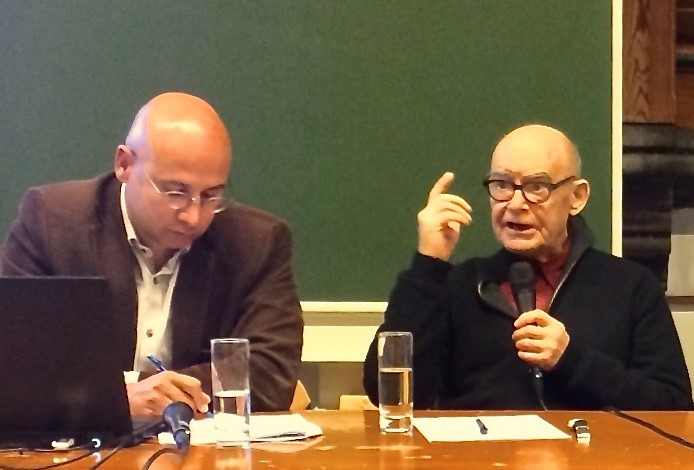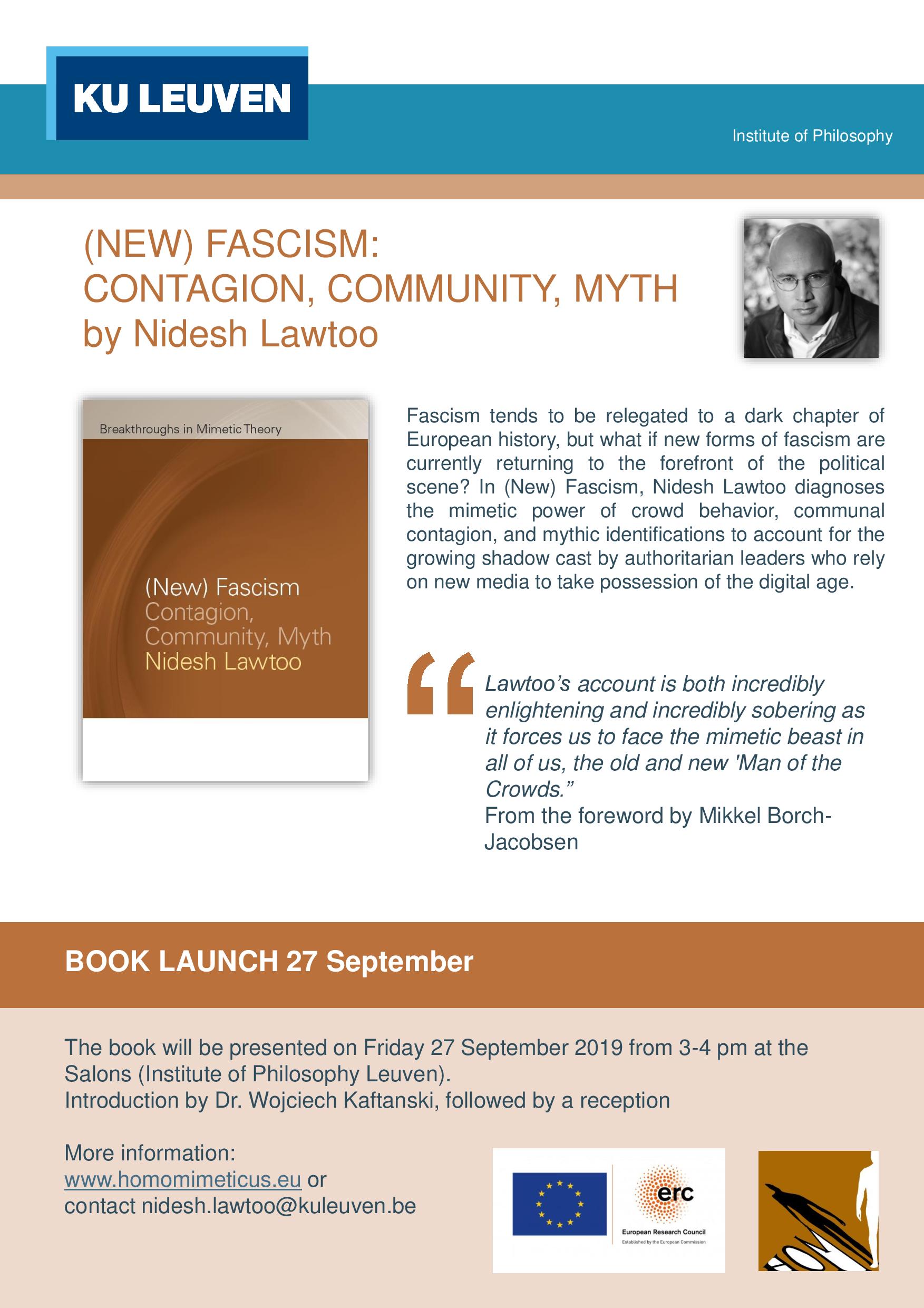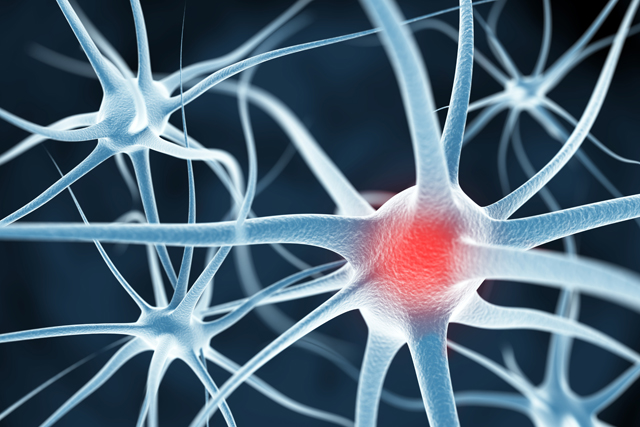What’s in a voice? And if the echoes a voice generates are neither
singular nor plural but singular plural, what shared voices are at play in
Jean-Luc Nancy’s untimely reflections on the affective participation, or
methexis, animating the agonistic confrontation between philosophy and
literature? Part of a dazzling collection of essays thinking with Nancy, in this chapter Nidesh Lawtoo reveals the partage des voix internal Lacoue-Nancy. Chapter available HERE.
Tag Archives: Philippe Lacoue-Labarthe
Jean-Luc Nancy on The Myth of Community
Jean-Luc Nancy is internationally known for launching the concept of “community” on the philosophical scene. But what is the mythic experience that gave birth to his community in the first place? Where was this scene set? And who are its protagonists? In this singular-plural Prelude shot in the summer of 2020, Nancy begins to narrate the myth of the Strasbourg community to Nidesh Lawtoo, addressing a world that “is soon going to disappear”…
Adieu, Jean-Luc Nancy

The French philosopher Jean-Luc Nancy (1940-2021) sadly passed away on August 23, 2021, at the age of 81. One of the last giants of the structuralist and poststructuralist generation, Nancy authored over 200 books on subjects as diverse as German idealism and psychoanalysis, aesthetics and politics, subjectivity and community–devoting one of his last books to An All-Too -Human Virus (2021).
Nancy last visited the HIW in 2018 at the invitation of the HOM Project and gave a series of inspiring talks, seminars and interviews on mimesis, politics, and community. He will be much missed, but his philosophical traces remain to be followed up.
You can rewatch two video interviews at the HIW on HOM Videos, including one for VETO. More recently, in a written dialogue with Nidesh Lawtoo, Jean-Luc Nancy takes the recent return of attention to mimesis, the mimetic turn, as a starting point for considering the relationship between philosophy and literature. Reflecting on his lifelong philosophical project, Nancy stresses the centrality of mimesis at play in the linguistic turn, deconstruction, community, and sharing during and beyond Covid-19. Interview available here.
Mimetic Resonances
Premiere: Jean-Luc Nancy on Philosophy & Mimesis Video
Tune in on Thursday, October 8, at 8pm for the premiere of the latest episode of HOM Videos, Jean-Luc Nancy: Philosophy and Mimesis. Topics discussed include the relation between philosophy and literature, myth, politics and community. Sign up via this link:
Mimetologies: Mimesis and Music 1600-1850 by Daniel Villegas Velez (Forthcoming with OUP)
The HOM project is pleased to announce that Daniel Villegas Velez’s book, Mimetologies is forthcoming with Oxford University Press.
Mimetologies examines the critical aesthetic concept of mimesis in the history of musical aesthetics. Two main interpretations of mimesis or, as this book calls them, mimetologies dominate aesthetic theory. On the one hand, mimesis is an aesthetic problem rooted in the distinction between copies and originals, as well as the creation of fictional worlds. On the other hand, mimesis involves a complex of neuro-psychological tendencies to copy or imitate others that characterizes the human as Homo mimeticus and which grounds the genesis of subjects and communities. These two mimetologies—one emphasizing vision and authenticity, the other affective contagion and becoming—run largely separate and music appears to have no place in either. Yet, as this book demonstrates, music is at the origin of both.
Mimetologies continues an interrogation of mimesis initiated by Jacques Derrida and Philippe Lacoue-Labarthe (1976) and genealogical examinations of the role of mimetic behavior in the formation of subjectivity to highlight music’s function in mobilizing affective performance to shape communities. Adopting a long-term historical perspective that extends from ancient Greece through seventeenth-century Italy, eighteenth-century France, to early nineteenth-century Germany—with an ear to their resonances in Colonial Latin America—Mimetologies shows that mimesis has been a constant undercurrent in the history of modern music, especially at the moments when music and mimesis seemed most distant from one another. By revealing the role of mimetic musical performance between aesthetics and politics—mimesis as representation and mimesis as contagion—Mimetologies reintegrates music into the history of aesthetics, while providing new conceptual tools to critically think the role of music in Western society.

The cover of Mimetologies features Santiago Reyes Villaveces’s site-specific installation Harp (2019), developed in collaboration with the author and winner of the 41st Premio Matteo Olivero. Comprised of an expanded copy of a Baroque harp found in former Jesuit Missions in Colombia and transposed to the sacristy of a Jesuit church in Saluzzo, Italy, Harp reflects on the colonial mobilization of ancient Greek musical paradigms to (re)form communities in the “New World”. By examining how such humanist mimetologies are created and disseminated, this study amplifies contemporary critiques of Eurocentric values that shape the history of music in the West.
HOM Videos, ep. 5. Philosophy and Mimesis: Jean-Luc Nancy (Trailer)
In the fifth episode of HOM Videos, Nidesh Lawtoo meets French philosopher Jean-Luc Nancy (U of Strasbourg) to discuss the ancient quarrel between philosophy and mimesis. Topics discussed include the relation between mimesis, myth, fascist politics, Lacoue-Labarthe, deconstruction and community.
Book Launch–(New) Fascism: Contagion, Community, Myth (N. Lawtoo)
In this new book, part of the ERC-funded HOM Project, Nidesh Lawtoo confronts the rise of (new) fascist leaders, both in Europe and the US, via a diagnostic of the contagious, communal and mythic powers mimetic leaders convoke to shape mass/public opinion.
Dr. Wojciech Kaftanski presents (New) Fascism and opens the conversation with the author on Friday 27 September, 3-4pm, Salons, Institute of Philosophy, Kardinaal Mercierplein 2, 3000 Leuven. Reception to follow.
New Article on The Power of Myth & Fascism
This article reconsiders the power of myth in light of the rise of new fascist leaders who cast a shadow on the contemporary political scene. Nidesh Lawtoo looks back to Lacoue-Labarthe’s and Nancy’s, “The Nazi Myth,” to account for the affective power of myth that is currently being reloaded both in Europe and the US–an argument internal to a forthcoming book on (New) Fascism (2019). Article available here.
New Article on the Plasticity of Mimesis
In this article Nidesh Lawtoo establishes a genealogical connection between the emerging concept of plasticity and the ancient philosophical concept of mimesis in order to further an ongoing dialogue between contemporary continental philosophy and the neurosciences. Article available here.



